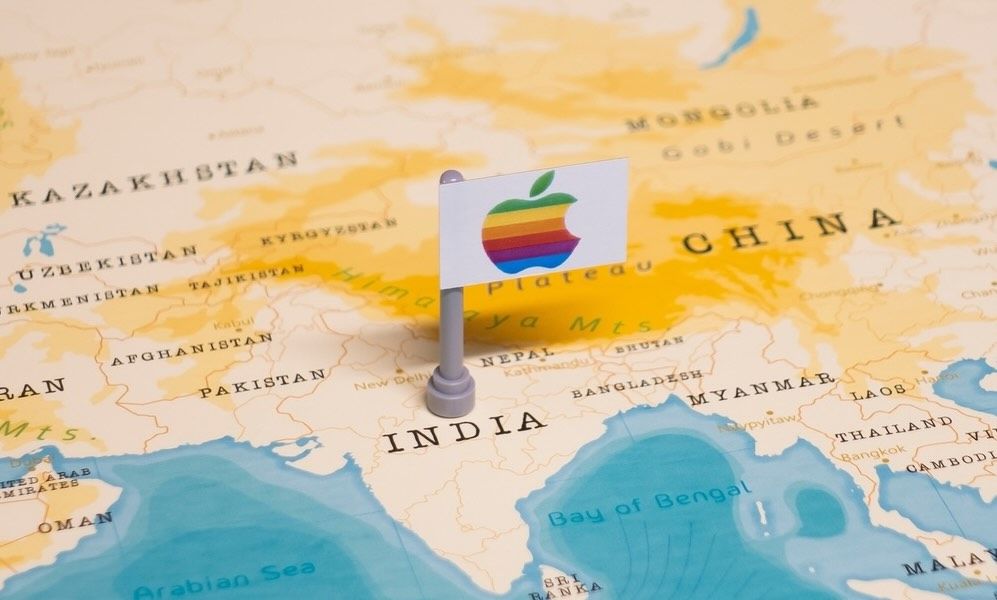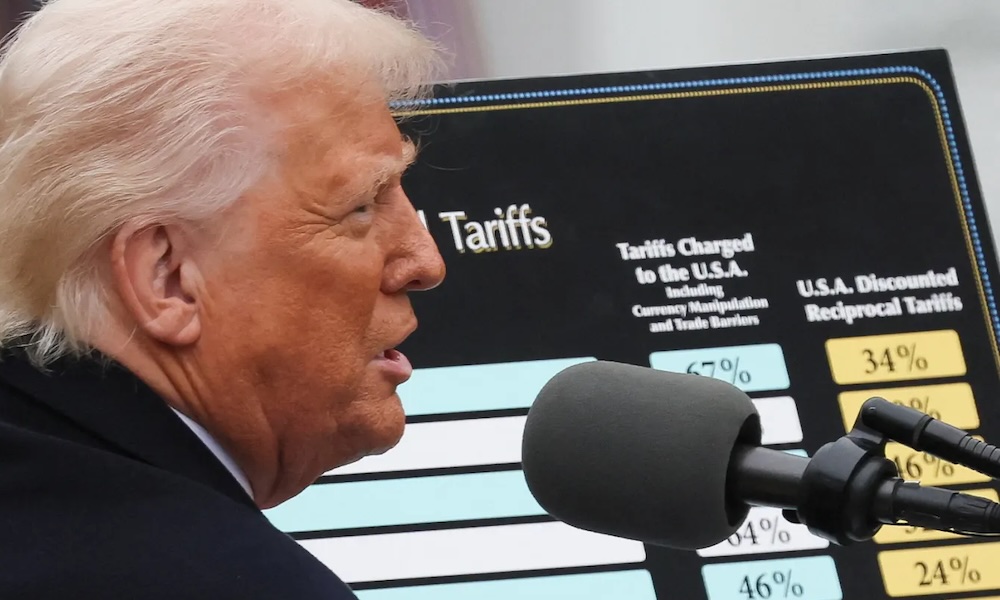India May Not Be the Solution to Apple’s Tariff Woes
 hyotographics / Shutterstock
hyotographics / Shutterstock
Toggle Dark Mode
Although Apple has been working to diversify its global supply chain for several years, the deluge of tariffs and trade uncertainty being perpetuated by the Trump administration has forced the company to ramp up its plans over the past few months, scrambling to restructure its global supply chain to figure out the best way to avoid high tariffs that could cut into its bottom line and force it to raise iPhone prices.
As one of the largest sources of US imports, China has landed squarely in the crosshairs of the current administration. At the peak of the White House’s “retaliatory” tariff strategy, Chinese goods on their way into the US were facing a 145% levy. Apple managed to avoid the worst of those when the Trump administration granted a temporary reprieve for a broad category of consumer electronics, but Apple still has a sword of Damocles hanging over its head, as these tariffs are merely delayed, not gone.
President Donald Trump has made it clear that his goal is for Apple and other companies to build their products in the United States. However, that’s not as simple as it sounds, and many analysts believe it borders on the impossible.
Instead, Apple has been trying to placate Trump in other ways by investing in the US, while also shifting its iPhone production away from China and into less-tariffed countries. Chief among these is India, where Apple has already been manufacturing iPhones since at least 2019.
Over the past few months, iPhone production in India has grown by over 50%, and while that might not be enough to supply the entirety of US iPhone demand, it could help to put a dent in the costs of bringing in more expensive models from China.
Sources say Apple’s long-term plan has been to generate enough production in India to supply the entire US market, and let its Chinese factories supply the iPhones for the rest of the world, where tariffs aren’t an issue.
However, it seems that Apple is running into some snags with this plan, not the least of which is the mercurial US President, who already made it clear in May that he’s not a fan of Apple’s India plans.
President Trump threatened to raise tariffs on imports from India earlier this week, Reuters reports, although it doesn’t appear to have anything to do with Apple. Instead, the President is upset that India is doing business with Russia.
“India is not only buying massive amounts of Russian Oil, they are then, for much of the Oil purchased, selling it on the Open Market for big profits,” Trump wrote in a post on Truth Social. “They don’t care how many people in Ukraine are being killed by the Russian War Machine. Because of this, I will be substantially raising the Tariff paid by India to the USA.”
While there’s no indication of what “substantially raising” the tariff means in actual numbers, the Trump administration already announced a 25% tariff on Indian imports last week, a significant increase over the 10% it was previously paying, not to mention the 3% that was the norm before this whole kerfuffle began. Any increase in the tariffs on Indian imports would undoubtedly take them above the 30% tariff that’s currently being levied on Chinese imports.
During last week’s Q3 2025 earnings call, Apple CEO Tim Cook noted that the company has already spent $800 million in China-related tariffs just from the initial 20 percent that had been levied against China in March. However, that’s also expected to just be the tip of the iceberg. “For the September quarter, assuming the current global tariff rates, policies, and applications do not change for the balance of the quarter and no new tariffs are added,” Cook said, “we estimate the impact to add about $1.1 billion to our costs.”
However, it’s unclear if that estimate factored in even the new 25% tariff against India, much less whatever new figure it might reach if Trump follows through on his latest threat. Nevertheless, it’s worth noting that the US and India haven’t yet been able to reach a trade deal, and are still in talks, so this could also merely be a negotiating tactic. For its part, India has called the move unjustified and accused the US of having a double standard when it comes to trade with Russia.
Apple has reportedly been mulling iPhone 17 price hikes over the past few months. Some analysts believe these will be applied globally to help offset the cost of tariffs paid on iPhones imported to the US by spreading the expense across every country, resulting in more modest $50 price hikes rather than the staggering 43% that one analyst predicted in April.









